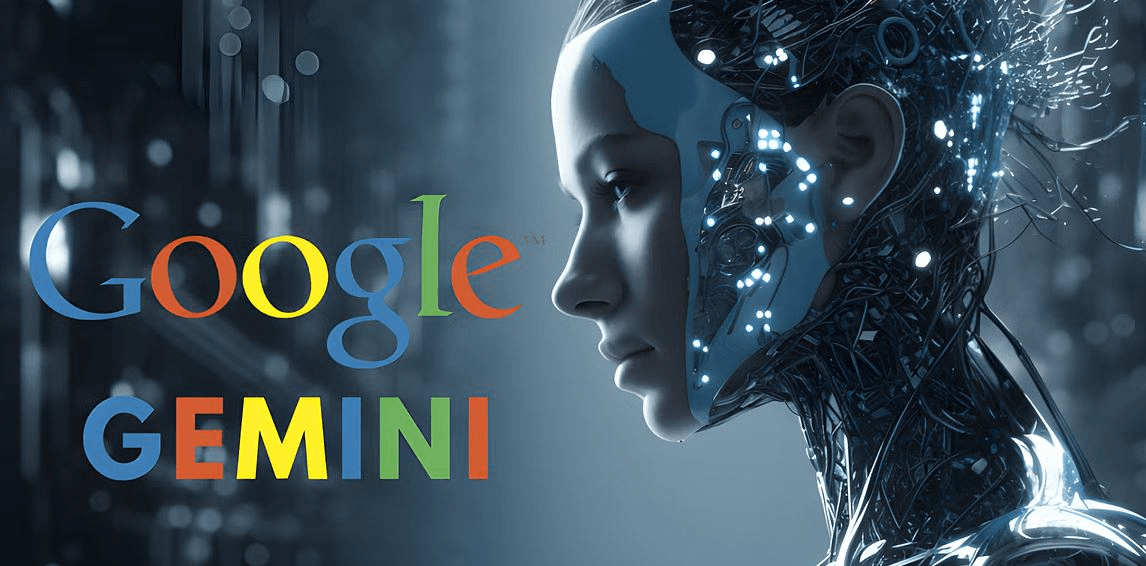In a groundbreaking move, Google has unveiled an experimental tool capable of navigating websites and performing actions autonomously. This new A.I. agent, known as Mariner, can browse spreadsheets, shopping platforms, and other services, taking steps on behalf of the user.
While current chatbots excel at answering questions, writing, and generating images, future advancements could see them autonomously handling online shopping and utilizing tools like spreadsheets. Google, alongside other tech giants and startups like OpenAI and Anthropic, is at the forefront of developing these A.I. agents.
Mariner, powered by the newly introduced Gemini 2.0, forms the backbone of many of Google’s A.I. innovations. This neural network learns from diverse data sources, including text, images, and sounds, enabling it to perform various online tasks for users. According to Google project manager Jaclyn Konzelmann, this technology allows users to type requests into their browser, with Mariner taking appropriate actions.
Despite its advanced capabilities, Mariner is designed to work with human oversight. It can, for example, fill a virtual shopping cart but requires the user to finalize the purchase. Google’s CEO, Sundar Pichai, highlighted that this development is a step towards realizing the vision of a universal assistant.
The Mariner project, integrated as an extension for Google’s Chrome browser, represents a significant leap in the company’s A.I. strategy. However, its future faces uncertainty due to potential legal challenges, including a Justice Department recommendation for Google to divest Chrome following an antitrust ruling.
Like other A.I. systems, Mariner is not without flaws. Konzelmann admitted that it can make mistakes, particularly problematic when interacting with websites. Currently, Mariner is being tested by a select group of users, with no immediate plans for a broader release.
Additionally, Google introduced a new version of Project Astra, a smartphone assistant responding to images, text, and verbal commands, similar to enhanced digital assistants like Apple’s Siri. Astra, like Mariner, is still in the experimental phase and not yet available to the public.
Source: https://www.nytimes.com/2024/12/11/technology/google-ai-agent-gemini.html

